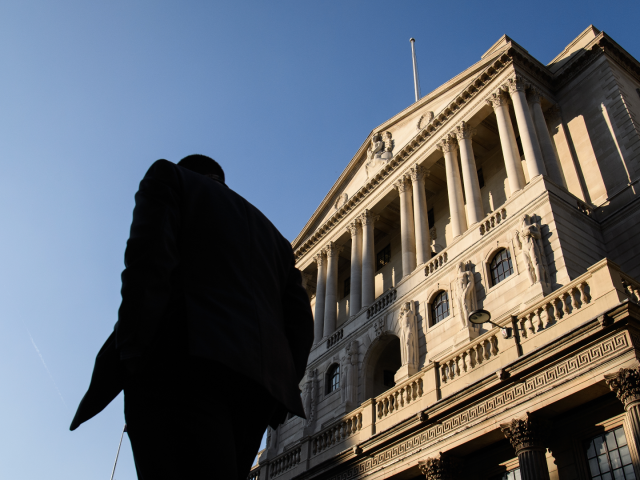The Bank of England has become the latest central bank to admit that its inflation predictions were widely off, now predicting that the UK is set for 11 per cent inflation by the Autumn.
The chief economist for the Bank of England, Huw Pill, acknowledged on Friday that they had “underestimated” the rate of inflation after the Monetary Policy Committee adjusted its estimate to 11 per cent by October. The Bank had previously predicted 10 per cent by the Autumn, which was already five times higher than the typical target of two per cent.
“In the sense of the outcome of our forecasts, yes we have underestimated inflation,” Pill said per The Telegraph.
The admission comes after similar concessions from the European Central Bank and former Fed Chairman turned US Treasury Secretary Janet Yellen, both of whom had predicted that inflation would be “temporary”. Andrew Bailey, the head of the Bank of England, also predicted that inflation would be “temporary“.
Currently, consumer price inflation is at around 9 per cent in the UK, the highest level in nearly four decades. However, with further increases in energy prices expected to hit in October when the national energy regulator Ofgem is set to raise the energy price cap yet again, the central bank now believes that inflation will rise to over 11 per cent.
The Bank of England blamed the soaring inflation on the rising cost of energy, which has been exacerbated by the war in Ukraine, as well as some factors at home including “the tight labour market and the pricing strategies of firms”.
The buying power of the average wage for British workers is falling at the fastest rate on record, as the inflationary crisis has wiped out all gains in salary and bonuses. https://t.co/AwxSL341j6
— Breitbart News (@BreitbartNews) June 14, 2022
While central banks and politicians, most notably U.S. President Joe Biden, have been keen to highlight Moscow’s role in the global economic crisis, the UK Parliament heard this week that the current economic woes are mostly the result of the decision by world leaders to impose lockdowns on their citizenries.
University of Nottingham Professor of economics, David Paton said that “eye-watering sums of money” spent by the UK government on “paying healthy people not to work” and keeping businesses afloat had merely delayed the “inevitable economic consequences we are now seeing”.
“Many of our current problems could have been avoided had the government carried out an effective cost-benefit analysis of lockdowns and other restrictions,” he said.
In addition to the upgraded inflation forecast, the Bank of England also announced that it would be increasing interest rates again to 1.25 per cent. According to The Times, City of London investors are pricing in an interest rate of 3.1 per cent by the end of the year, which would be the highest level since the 2008 financial crisis.
Despite the spiralling cost of living crisis and pressure from Conservative MPs, the Tory government hinted on Thursday that tax cuts would not be in the offing anytime soon, even though they have reached the highest level in 70 years.
Chancellor Rishi Sunak said: “I have a responsibility to make sure that we don’t burden our children with a legacy of debt that I didn’t deal with. And that’s why I’ve had to take some decisions which I know are not always popular.
“They’re difficult but I firmly believe they are the right and responsible decisions for the long-term benefit of our country and our children’s future.”
High Inflation Could Last Years, Admits Former Central Bank Chief Economisthttps://t.co/Rqa5SUI9GK
— Breitbart London (@BreitbartLondon) May 10, 2022
Follow Kurt Zindulka on Twitter here @KurtZindulka

COMMENTS
Please let us know if you're having issues with commenting.